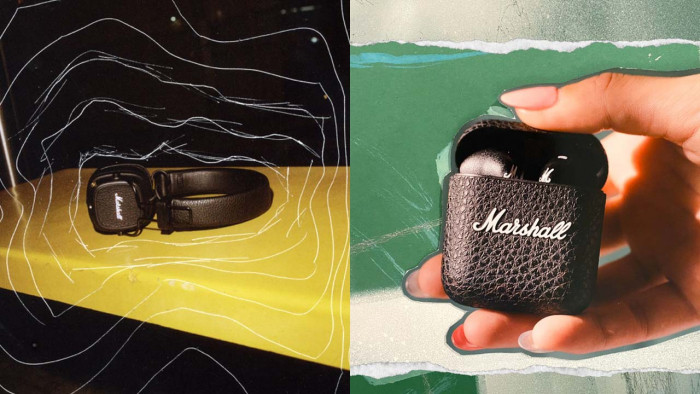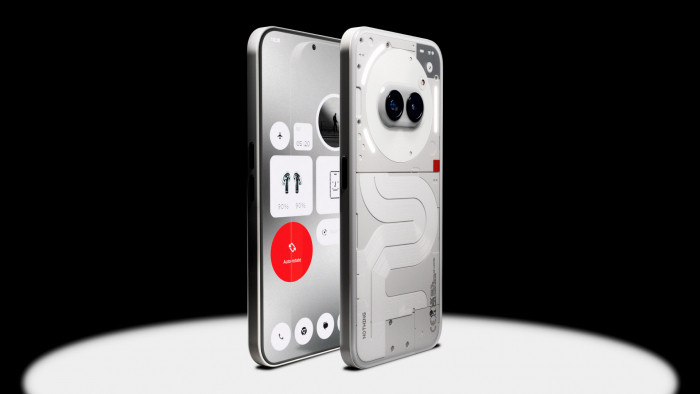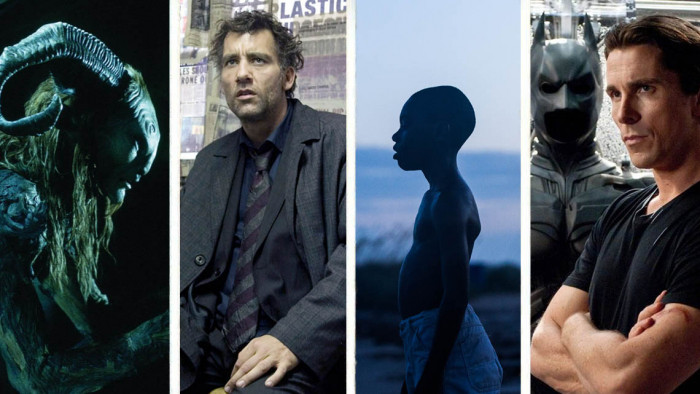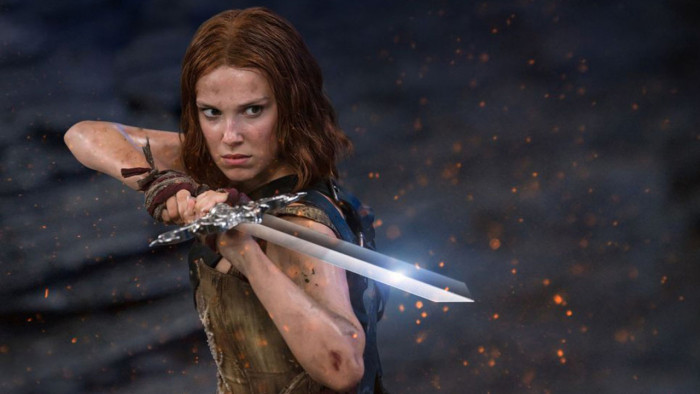The AI on a £400 computer can fly better than a top fighter pilot
We feel the need... the need to pull the power cord


We feel the need... the need to pull the power cord out of that computer and hit it with a bat before it's too late.
Computer researchers and aviation specialists at the University of Cincinnati have been working on an artificial intelligence system - called ALPHA (soon to appear in a sci-fi horror near you) - as a research tool for "manned and unmanned teaming in a simulation environment".
ALPHA had been performing so well in test combat scenarios against other AI that the research team decided to give it a real test: putting it up against retired United States Air Force Colonel Gene Lee - a genuine Air Battle Manager (our new favourite job title).
In a simulation, Lee attempted to shoot down ALPHA, which was piloting an Unmanned Combat Aerial Vehicle against his simulated plane. It didn't go well...
Lee couldn't land a shot on the ALPHA vehicle. More than that, it shot Lee's craft out of the sky in every simulation.
"I was surprised at how aware and reactive it was," Lee told the University's magazine, triggering alarm bells for anyone who's watched a single Terminator film. "It seemed to be aware of my intentions and reacting instantly to my changes in flight and my missile deployment. It knew how to defeat the shot I was taking. It moved instantly between defensive and offensive actions as needed."
The really impressive/scary bit? APLHA wasn't operating on some fancy super computer, but an office PC worth $500 (£370). Such is the programming that goes into its AI, that ALPHA can function on very little computing power. You can read more about it here.
All good news for the US defence industry and its drone fleet. Bad news for our sleep.
[Via: PC Mag]
(Image: Rex)
Latest
Related Reviews and Shortlists









